Understanding Single Phase Contactors
Selecting the appropriate single phase contactor is crucial for the safety and efficiency of electrical systems. These devices are pivotal in controlling power in various applications, from residential to commercial settings. A single phase contactor operates as a switch to energize or de-energize circuits, ensuring the management of electrical loads is both safe and reliable.
Types and Applications
The diversity of single phase contactors caters to a broad spectrum of applications. They are designed to handle different loads, from lighting to heating, with specific models suited for heavy-duty operations. Understanding the utilization category is essential, as it determines the contactor's compatibility with the intended electrical characteristics and load requirements.
Features and Selection Criteria
When choosing a single phase contactor, it is important to consider the load current and power. An undersized contactor may lead to contact wear and potential hazards. Additionally, coil voltage compatibility is paramount; an incorrect voltage can cause malfunction or damage. The mounting type and position also play a role in the selection process, ensuring the contactor fits within the system without compromising its integrity.
Material and Design Considerations
The construction materials of a single phase contactor are selected for durability and conductivity, ensuring long-term operation without degradation. The design should align with the mechanical and electrical accessories required for your specific application, ensuring a seamless integration into your system.
Advantages and Operational Parameters
A well-chosen single phase contactor offers reliability and longevity in operation. It is important to check the maximum operational temperature and whether additional cooling is necessary to prevent overheating. The coil's response time is another critical factor, with a faster response indicating a more efficient contactor. Lastly, the number of auxiliary contacts can provide insight into the contactor's functionality, whether it is normally open or normally closed.
Ensuring Compatibility and Performance
In conclusion, the right single phase contactor should align with the specific demands of your application. It is essential to evaluate the contactor's specifications, such as load capacity, voltage requirements, and temperature thresholds, to ensure optimal performance and safety. By considering these factors, you can select a contactor that meets your needs without the risk of premature failure or safety issues.
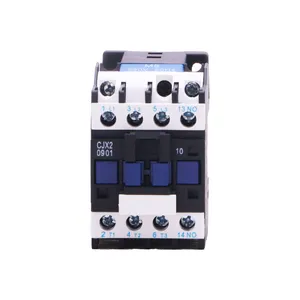
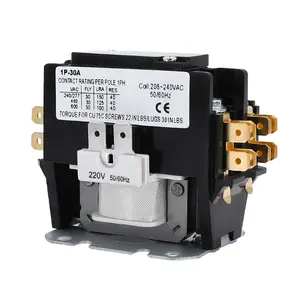









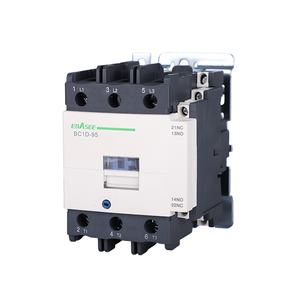


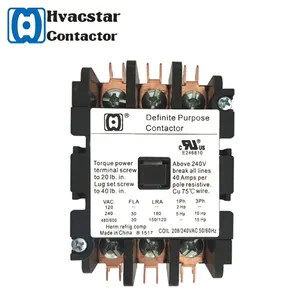

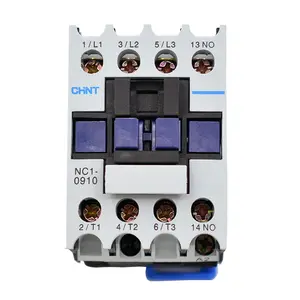



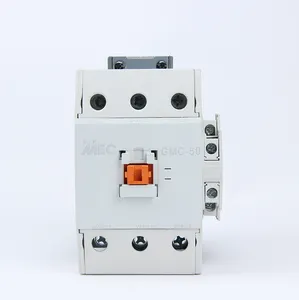
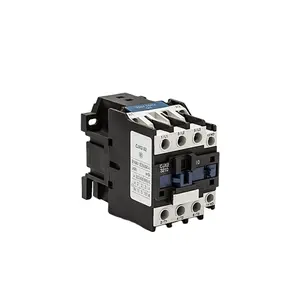

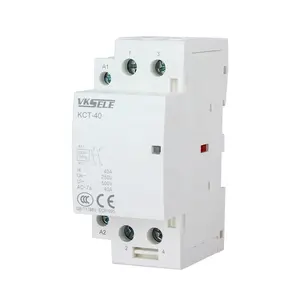

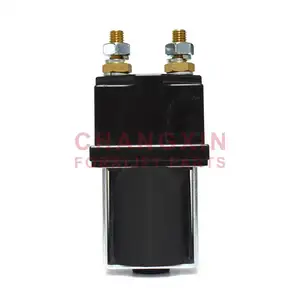
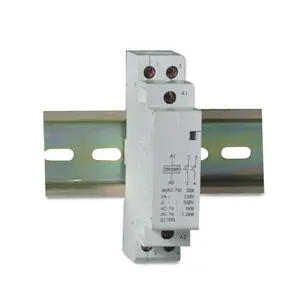


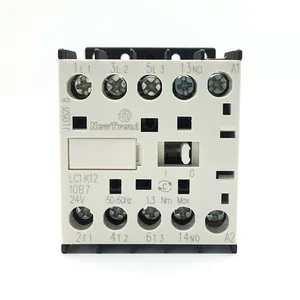

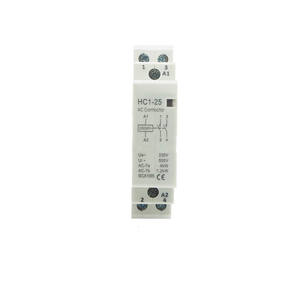
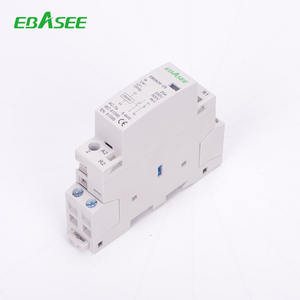






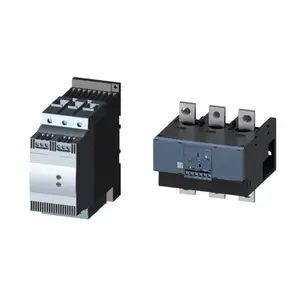
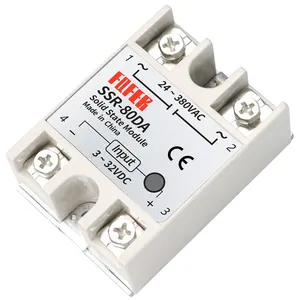


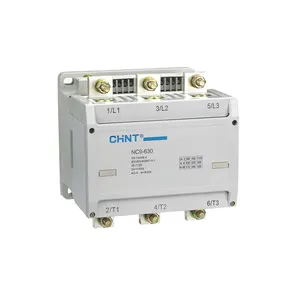



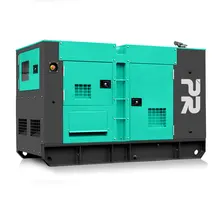

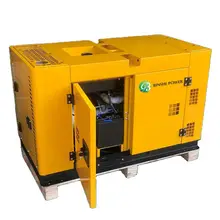






















 浙公网安备 33010002000092号
浙公网安备 33010002000092号 浙B2-20120091-4
浙B2-20120091-4